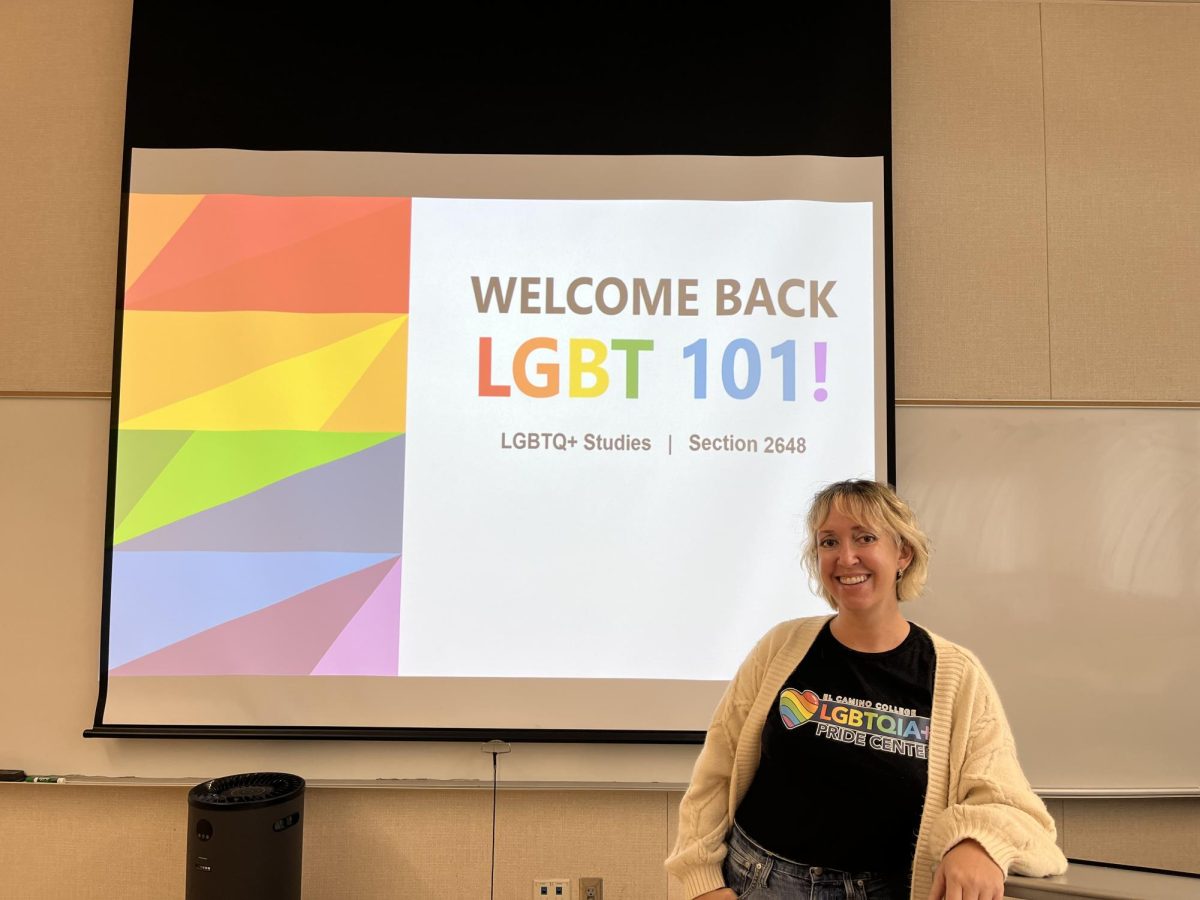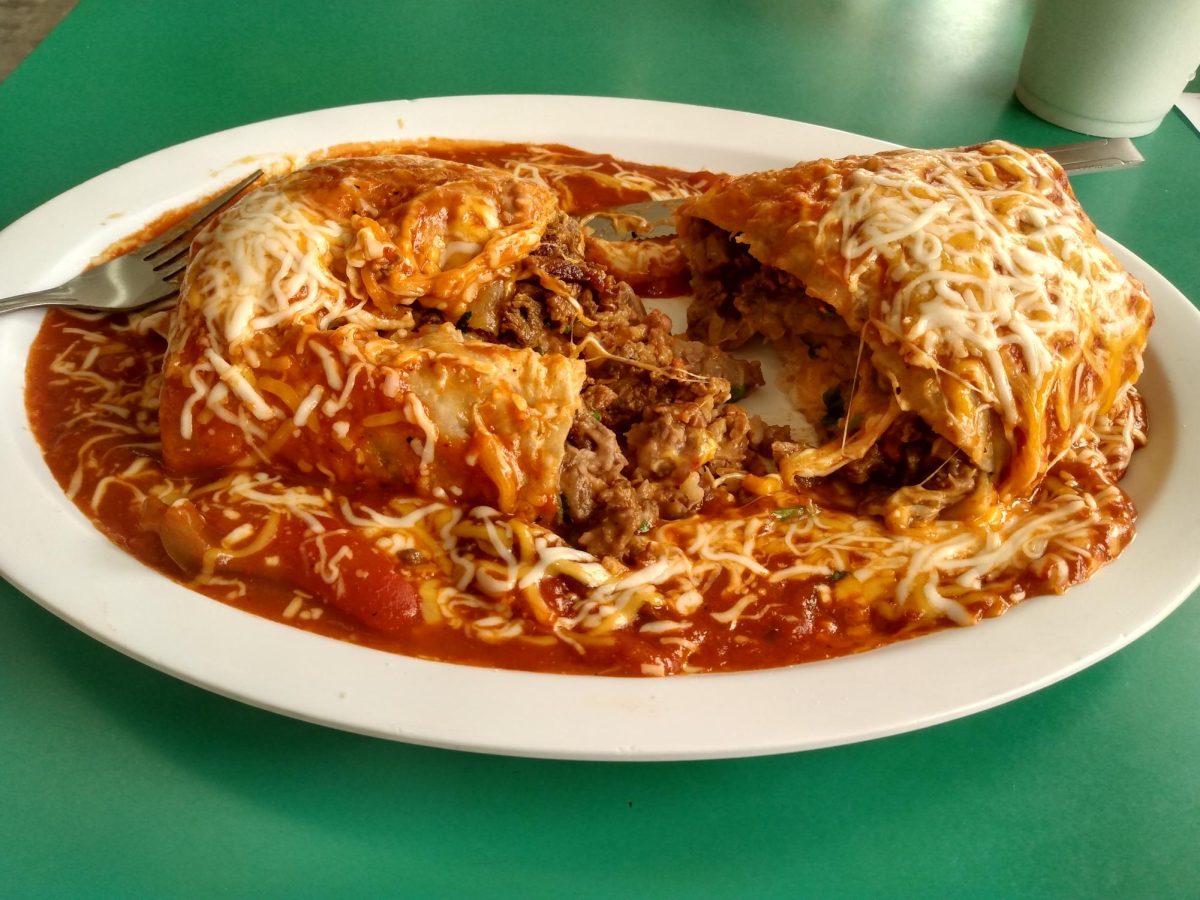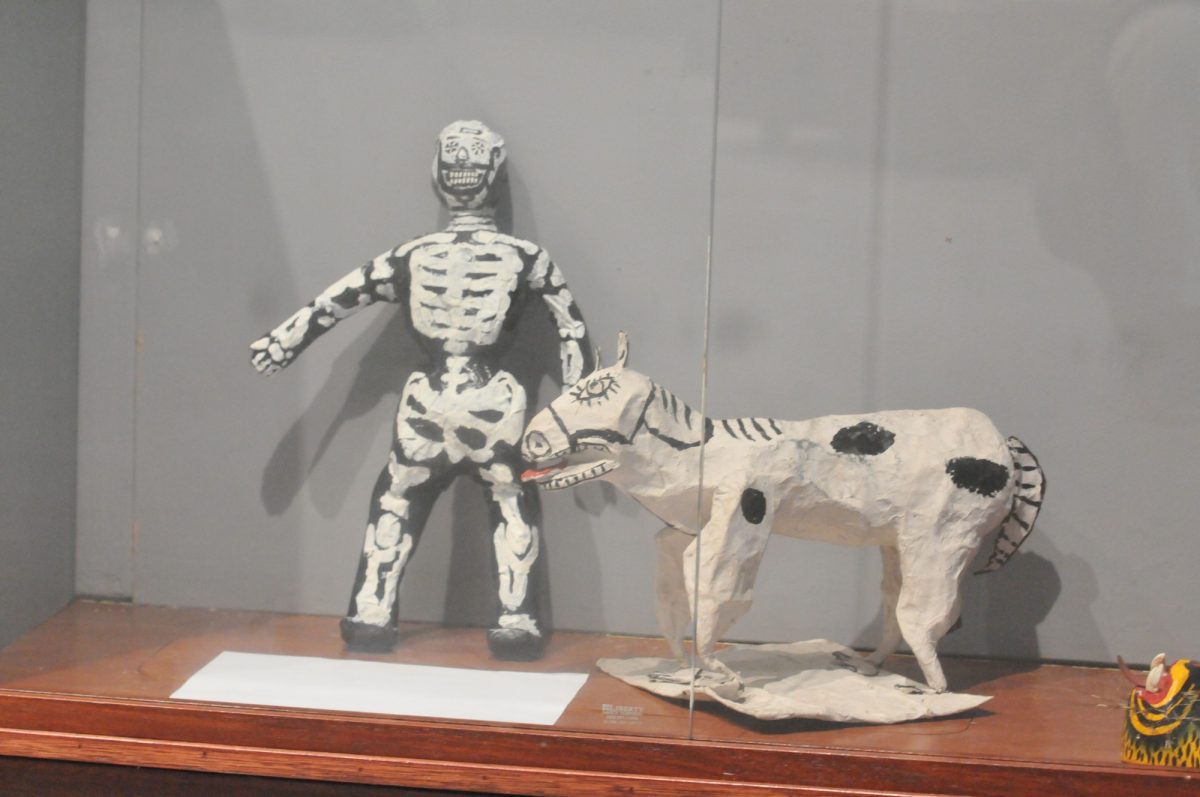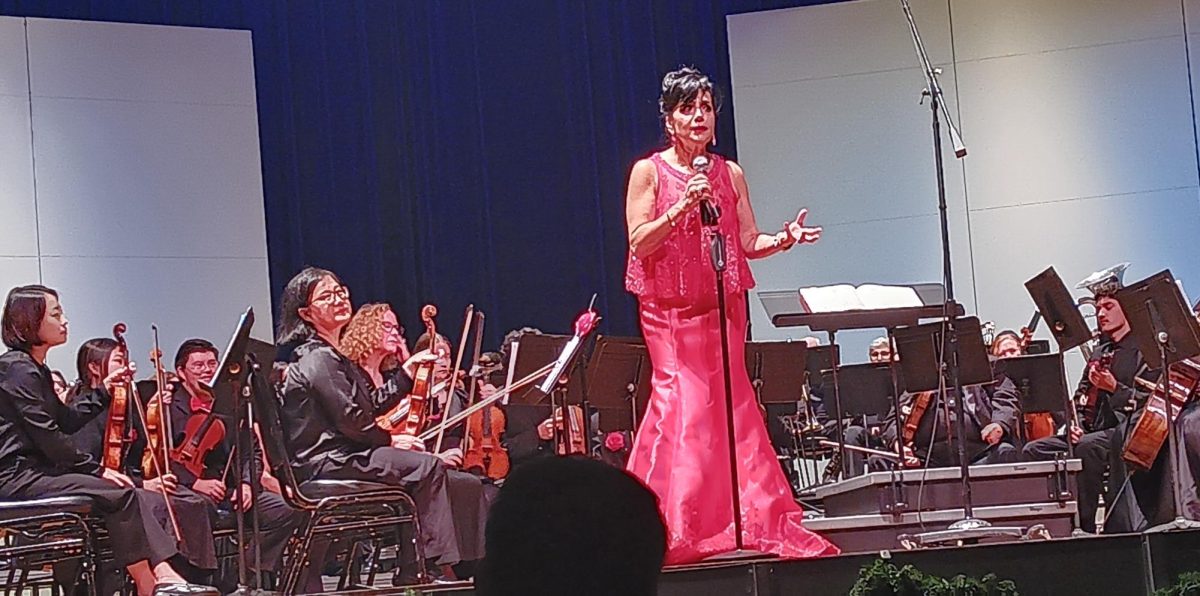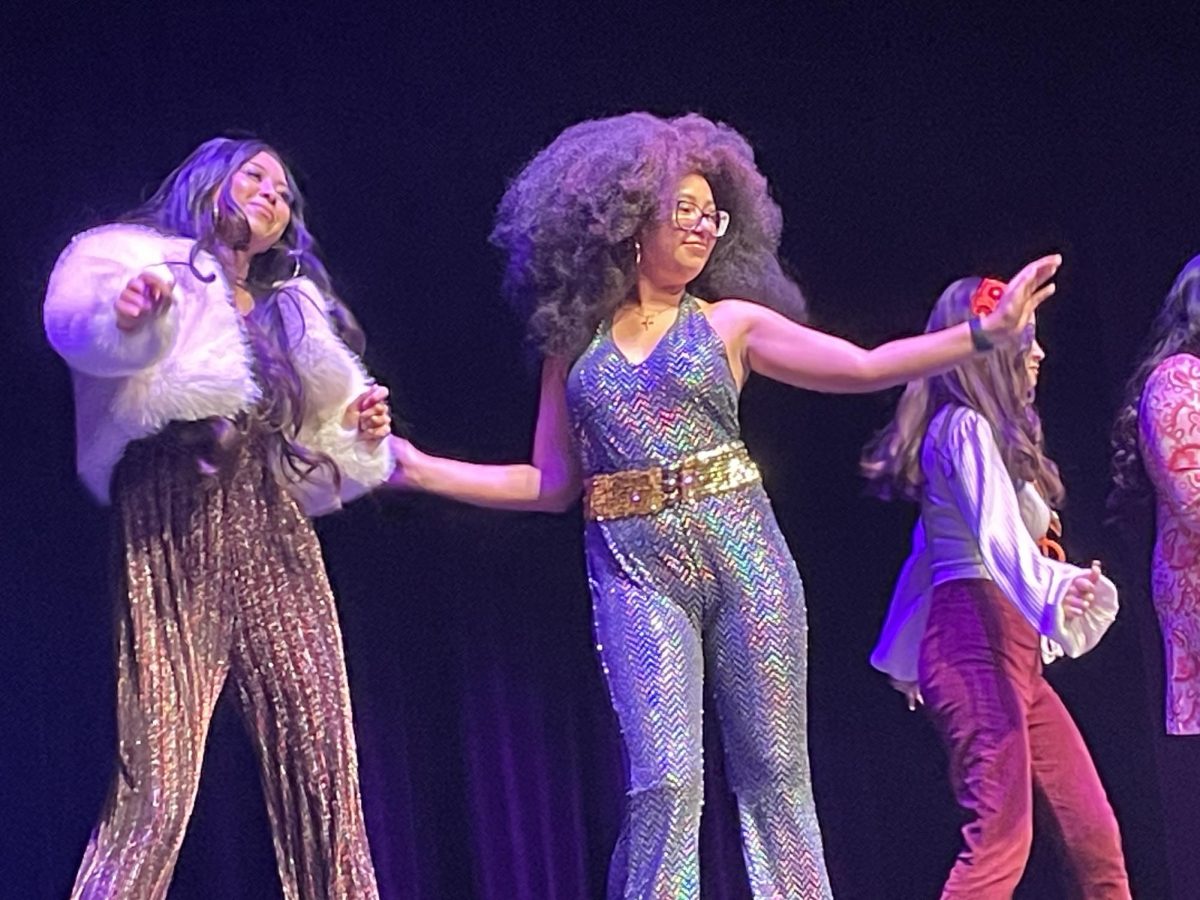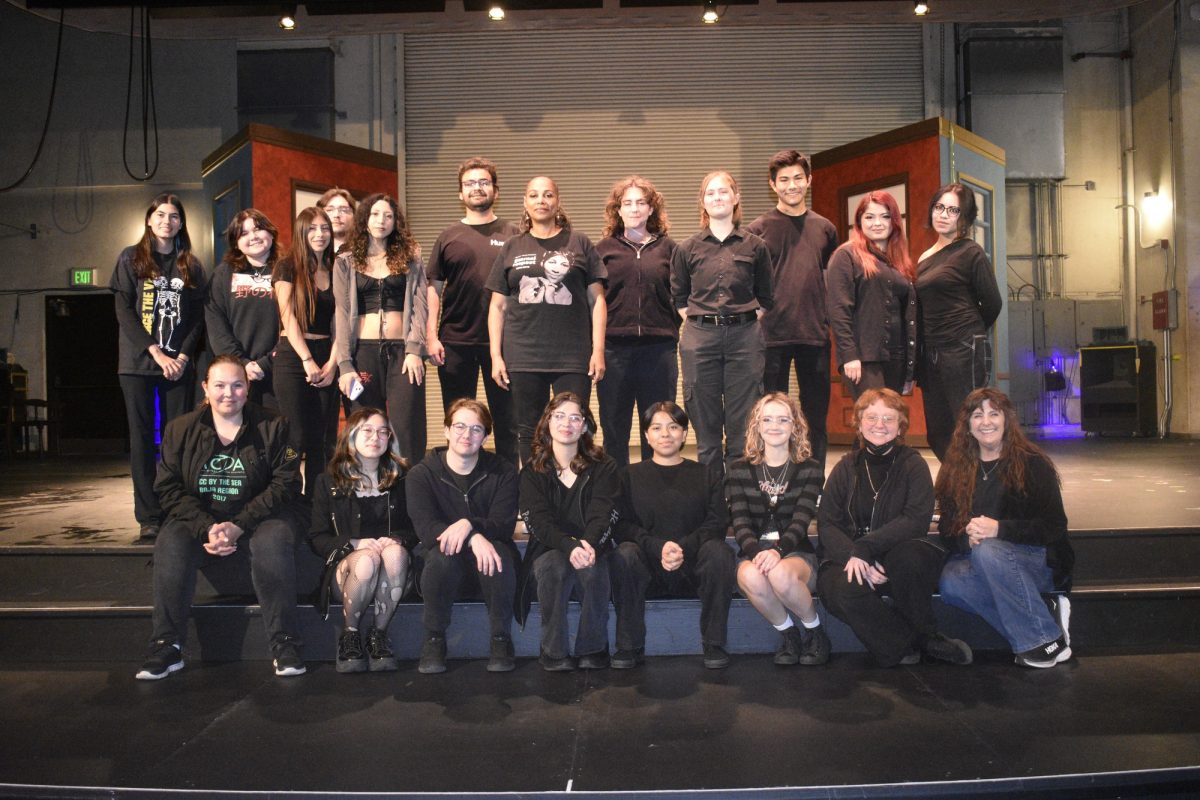A New Chapter
Located in the old social science building, El Camino College is offering a new course this fall semester called “Introduction to LGBTQ+ Studies,” which introduces lesbian, transgender, gay, bisexual and queer studies.
The room is glowing in color, with walls covered with encouraging words and brightly colored artworks made by students that relate to their unique experiences and reflections on their identities.
The Vision of an LGBTQ+ Studies Major:
A large team of committed faculty and staff collaborated to develop the curriculum. However, Juli Soden was mostly responsible for developing the new LGBT-101 course, which Kristie Daniel-DiGregorio assisted in incorporating it into the curriculum. Both are members of ECC’s Human Development department.
As this course introduces fundamental concepts, the course is designed to evolve into a larger program, with the ultimate goal of establishing an LGBTQ+ studies major.
“We’re working on currently expanding it into a major because there are so many classes that already exist that could fulfill the major,” said Sarah Leinen, who teaches the course.
Guest Speaker Panels: ECC Faculty and Community Insights
Unlike conventional lecture-based courses, this one includes activities and the invitation of guest speakers in the form of panels. This allows students to engage with the speakers and ask them questions, which ultimately leads to assignments and projects.
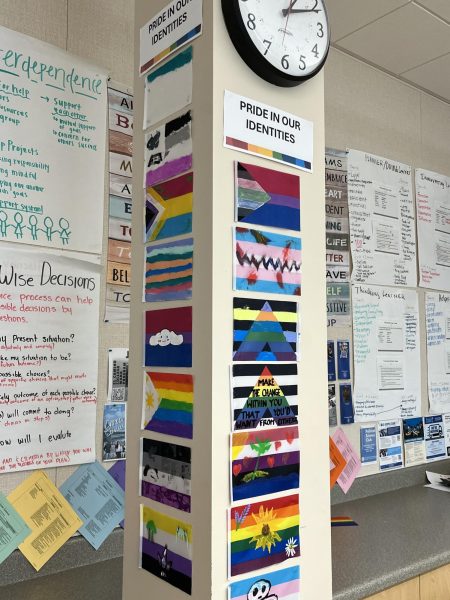
Guest speakers include both faculty members who work at ECC and members of the community, including Kevin Spears, a therapist at the ECC health center, Kenny Simkins, the student success coordinator for the LGBTQIA+ Pride Center and sociology professor Kello Stone, have both spoken in the classes.
Other guests at these panel discussions include Assemblymember Al Muratsuchi, who teaches political science at ECC and Dottie Wine, who founded the South Bay LGBT+ center.
A Supportive Space for All
A welcoming environment for all LGBT+ students has been created by the introductory course, according to instructor Sarah Leinen, who encourages supporters to enroll in similar courses. Leinen does not consider herself to be a standard lecturer since her approach is meant to be interactive with students through activities, assignments, and discussions.
“Allies need to take this class too,” said Leinen. “It’s important to understand topics that might not be discussed in other classes and create overall empathy and understanding.”
Emphasizing the importance of intersectionality and helping students to understand how LGBT+ problems are related to all elements of identity. Some students enrolled in the course view it as an opportunity to better understand themselves and the LGBT+ community.
“I was sheltered and I didn’t know a lot of the terms growing up,” Pauline Lopez, a 19-year-old sign language/interpreter major said. “I just wanted to better understand the community because I’m part of it.”
Empowering Students to Create Change
The final project focuses on activism and community transformation, an important aspect of the course. It encourages students to think critically and creatively by requiring them to identify a problem within the LGBTQ+ community and design a research-based solution, empowering them to become change agents in their communities.
One student noted how this course motivated them to consider their role in creating social change.
“It kind of feels honored to start a pathway for other people like me, who are gender non-conforming,” 24-year-old creative writing major Kevin Llamas said.
Looking Ahead
The combination of interactions, community involvement, and practical experiences makes this course an effective instrument for fostering understanding and positive change. As LGBT-101 develops further, the hope is that it will open a pathway for students to engage with LGBTQ+ studies.
“I hope that they [campus community] understand the intersectional impact of this class, and if they haven’t already incorporated LGBT content into their subjects, then they can and they should,” said Leinen.


